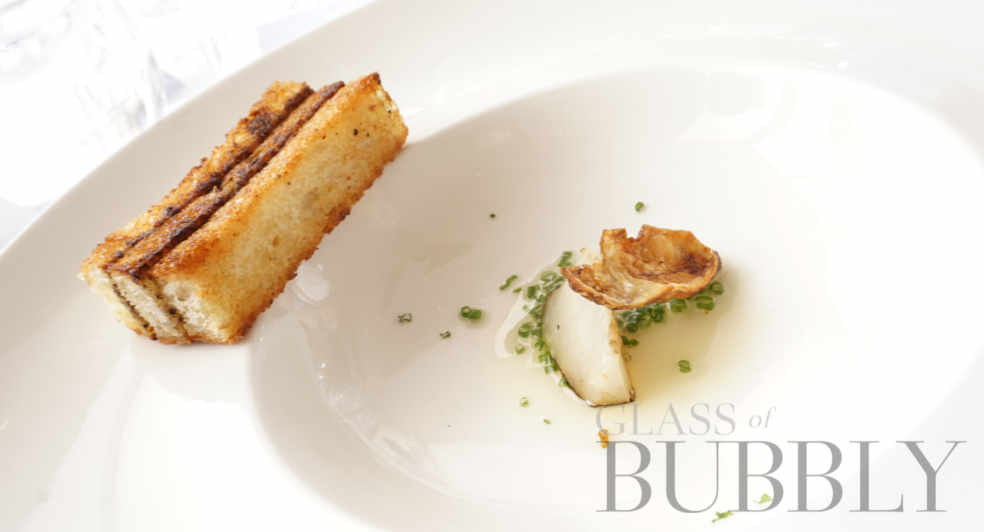Is there such a thing as a Champagne Diet?
29th July 2016

That big word for many, that inspiring four letters that keeps us checking the packaging for calories, gets us looking at our tummies, questions whether we’ll have another biscuit with our tea or if we should dust off our trainers and attempt a quick march around the block… That word is Diet!
Diet for many is what we’d like to attempt, but know we will easily fail within hours as our old habits beat off any aspirations we may have to lose a couple of pounds or fit in those skinny jeans. Most of us are simply awaiting eagerly for the next pitch to appear on Dragons Den to be someone with that magical diet pill which burns off fat and calories as we sit watching Coronation Street with that box of Celebrations handy… But let’s face it, that’s not likely to happen any time soon!
‘Enjoy a Champagne Diet’ I have heard many times and because I am now working within this industry and I have been relatively good in that I have listened to what the wine makers say as I reach out with my glass hoping that they will pour a decent amount for me to taste, ideas of losing weight by drinking Champagne must be clearly understood before we stock up on the fizzy stuff assuming we are aiding our dieting plans!
No Champagne will be calorie free, in fact I would say it is hard to find any alcoholic beverage that is zero on the calorie count. With Champagne, the amount of calories will depend on what happens during the making process, right before the bottling process the maker will add a dosage which literally means adding some sweet wine (sometimes the likes of cognac is added). Before adding the dosage the Champagne will have converted the sugars in to alcohol so it’s taste will be very dry and so the extra sweetness is added and the amount will determine what the wine will be referred to after, ie Brut, Extra Brut, Extra Dry etc. Read more about ‘How sweet is my Sparkling Wine’ here. So if the winemaker then decides not to add any dosage then Champagne is generally referred to as Zero Dosage or Brut Nature, but take note that they will still have calories in even if by some people they will be referred to as having no sugar added!
An interesting read from Victoria Moore writing for the Telegraph back in 2014 says ”
So-called ‘zero dosage’ champagnes and low-calorie wines ignore simple truths concerning alcohol and obesity‘.
The average serving of a glass of Zero Dosage Champagne will hold an approximate of 60 calories which is obviously less than those Champagne’s which have had added dosage during their making. Many Champagne labels will offer Zero Dosage so next time you go out wine shopping simply check the bottle to see what type of Champagne it is.
![]()
Christopher Walkey
Co-founder of Glass of Bubbly. Journalist and author focused on Champagne & Sparkling Wines and pairing them with foods.
